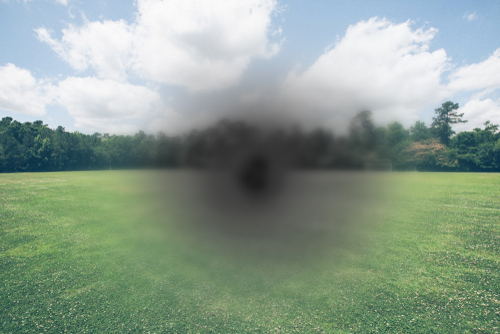
Macular degeneration or age-related macular degeneration (AMD) is a progressive eye condition that can cause permanent vision loss. This means that the condition worsens with time.
There are two kinds of AMD: dry and wet macular degeneration. Keep reading to learn more about macular degeneration and the treatment methods available!
What is Macular Degeneration?
At the back of your eye is the retina. The retina comprises a layer of cells that sends light signals to your brain, allowing you to see.
Macular degeneration damages a part of the retina, called the macula. The macula is responsible for your sharp central vision. Because macular degeneration affects your macula, your side or peripheral vision remains intact while you gradually or suddenly lose central vision.
Macular degeneration often affects older adults. When affected by the condition, you may have problems like driving, reading, and performing other activities that need clear central vision.
There are two forms of macular degeneration, namely dry and wet.
Dry Macular Degeneration
Dry AMD is the most common type and affects almost eighty-five to ninety percent of people with the condition. It happens when tiny yellow deposits known as drusen form under your macula.
Dry macular degeneration normally worsens slowly and can develop into wet macular degeneration over time.
Wet Macular Degeneration
Wet AMD affects the other ten to fifteen percent and is the most severe kind of macular degeneration. Approximately one in ten people with dry AMD develop wet macular degeneration.
Wet AMD occurs when abnormal blood vessels grow under your macula. These vessels tend to leak blood or fluid, forming scar tissue when left untreated.
Wet macular degeneration typically advances faster than dry AMD. It also progresses rapidly without treatment.
Signs of Macular Degeneration
You might not notice any vision changes in the early stages of macular degeneration. But as the condition advances, you may experience the following symptoms:
Dry Macular Degeneration
- A decrease in central vision
- Blurriness in the center of your vision
- Need for brighter lighting
- Straight lines appearing wavy
- Difficulty recognizing faces
Wet Macular Degeneration
Some of the symptoms of wet AMD are similar to those of dry AMD, like a decline in central vision and visual distortion. Other signs of wet macular degeneration are:
- Hazy vision
- A blurry spot in your field of vision
- A dark spot in your central vision
- Symptoms worsening quickly
What is the Treatment for Macular Degeneration?
Laser photocoagulation is one treatment method used for wet AMD. During the treatment, you’ll be seated with your chin on a chin rest. You’ll also remain awake during the entire procedure.
Prior to your laser treatment, special drops will be used to widen your pupil. The surgeon will also apply anesthetic drops to ensure you don’t feel pain.
A special contact lens will then be placed on the affected eye. The lens has a mirror that lets your surgeon direct the laser to the areas requiring treatment.
You’ll be asked to look at a target light or straight ahead with your other eye. The laser contains an intense beam of light to treat tiny areas of the macula.
This treatment helps seal off the abnormal, leaky blood vessels beneath your macula. With every pulse of the laser, you’ll see a flashing light.
While laser photocoagulation can’t restore the eyesight that you’ve already lost, it can slow down or prevent further damage to your central vision.
In some cases, eye doctors may also recommend retina injections to slow the progression of macular degeneration. The recommended treatment in each case typically is determined by the severity of the eye condition.
Don’t Let Macular Degeneration Rob You of Your Sight
Wet AMD is one of the leading causes of permanent blindness in older adults. Because of this, it’s critical to go for regular eye exams at Morganton Eye. Prompt diagnosis and treatment can help preserve your remaining vision.
Have you had your eye examinations yet? If not, schedule your appointment at Morganton Eye & Surgery Center in Morganton, NC, today to protect your sight.
